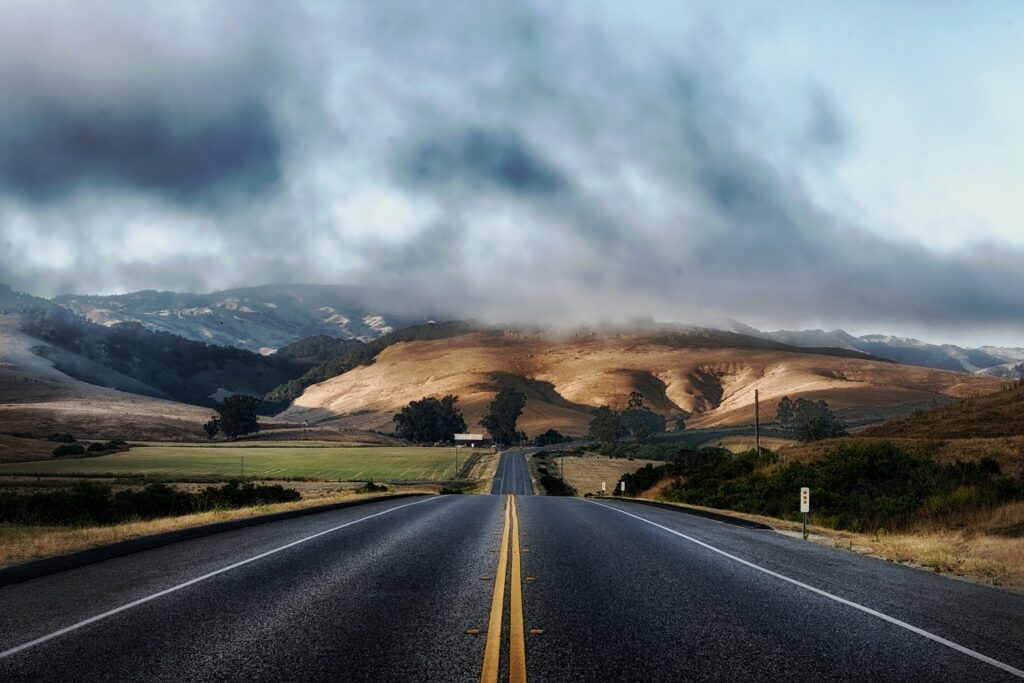
It’s early one cold, Saturday morning and you’re out for a drive. A little ways down the empty road, you see an indiscernible lump on the right hand shoulder. You blink hard, trying to figure out what the heck it is. As your car cruises closer, you can make out the ring tail and masked face- another raccoon.
But this one is different. This one is barely damaged. It almost looks as if they’re just taking a little snooze on the asphalt.

You pull over to assess the carcass further. The skull is intact, there aren’t any noticeable maggots or bugs, it’s eyes are clear, and it’s innards aren’t leaking out. You travel this road pretty frequently, so you know it could’ve only been hit sometime this morning. Bingo.
Time to whip out the garbage bags and gloves, right? Well, not so fast. Do you know if it’s legal to disturb little Ricky the roadkill raccoon?
“It’s just a dead animal on the side of the road. Surely I can pick it up, take it home, and no one will care.” First off, in a lot of places roadkill is technically considered property of the state. So, in many instances, you’d actually need a permit or a salvage tag to legally pick up any of these pancaked furry friends. Secondly, don’t call me Shirley.
In states like New York, if you hit a deer with your vehicle, or come across a deer that’s been hit, you can contact your local law enforcement to issue you a tag. With such a tag in tow, you’re free to load that specific deer (and from what I’ve heard even bear) into your truck bed and take them home to Ma and Pa. Other states require a fur harvesting or hunting license, and stipulate that you can only collect roadkill during “in-season” periods, as with normal hunting or fur harvesting. Roadkill collection laws and regulations vary state by state (and country to country if you’re outside of the states), so the best practice would be to contact your local wildlife authority for the rundown on the rules (for me it was my local DEC).

Even with the proper paperwork, there are some animals that you still cannot collect legally. Federally protected, endangered, or threatened species are a definite no-go. And with all the red tape that surrounds the legal possession of most birds, be they roadkill or not, I’d advise against collecting ANY bird. “Whew, I only collected some feathers from a corpse, not the bird itself.” Nope, that could also be illegal. Best to leave birds and their bits be.
With your know-how and pre-planning, let’s say you have all the permits or salvage tags necessary to pick up our dear friend Ricky the raccoon. But what’s the best way to go about scraping some carrion from the side of the road?
First and foremost should be yours and others’ safety. Is the dead thing on the left hand shoulder of a freeway? Not worth the risk (or the ticket if you get caught stopping on the wrong side of the road for a non-emergency). Will picking up the carcass put your life in danger? Will parking your car nearby to go grab your dead compadre put others at risk of an accident? These seem like silly things to have to ask yourself, but people can have a one track mind and forget that their actions have consequences. Just because you see a wondrous dead thing and feel the obstinate NEED to go retrieve it, doesn’t mean it’s a good idea. Be smart about your roadkill collection.

Another huge part of safety is how you physically collect the decaying specimen in question. Don’t go around touching dead things with your bare hands. That’s how you start another plague. Typically when I collect roadkill, I’m decked out in gloves and a face mask. After double bagging the dead thing (heavy duty garbage bags are your friends), I put it in the back of my SUV, inside a big, plastic Rubbermaid tote, and then slather my hands with sanitizer. The tote may seem like overkill, but all it takes is one claw or tooth to poke through those garbage bags, and fetid fluids will leak right into your trunk. If you have a truck with a weather proofed bed, go ahead and throw that sucker right in. You’ll just have to wash everything down later.
Congrats! Now you have a dead thing in the back of your vehicle. Just make sure to skin and flesh it quickly when you get home before it starts to really rot. No idea on how to do that? Stay tuned for my post on skinning and fleshing.